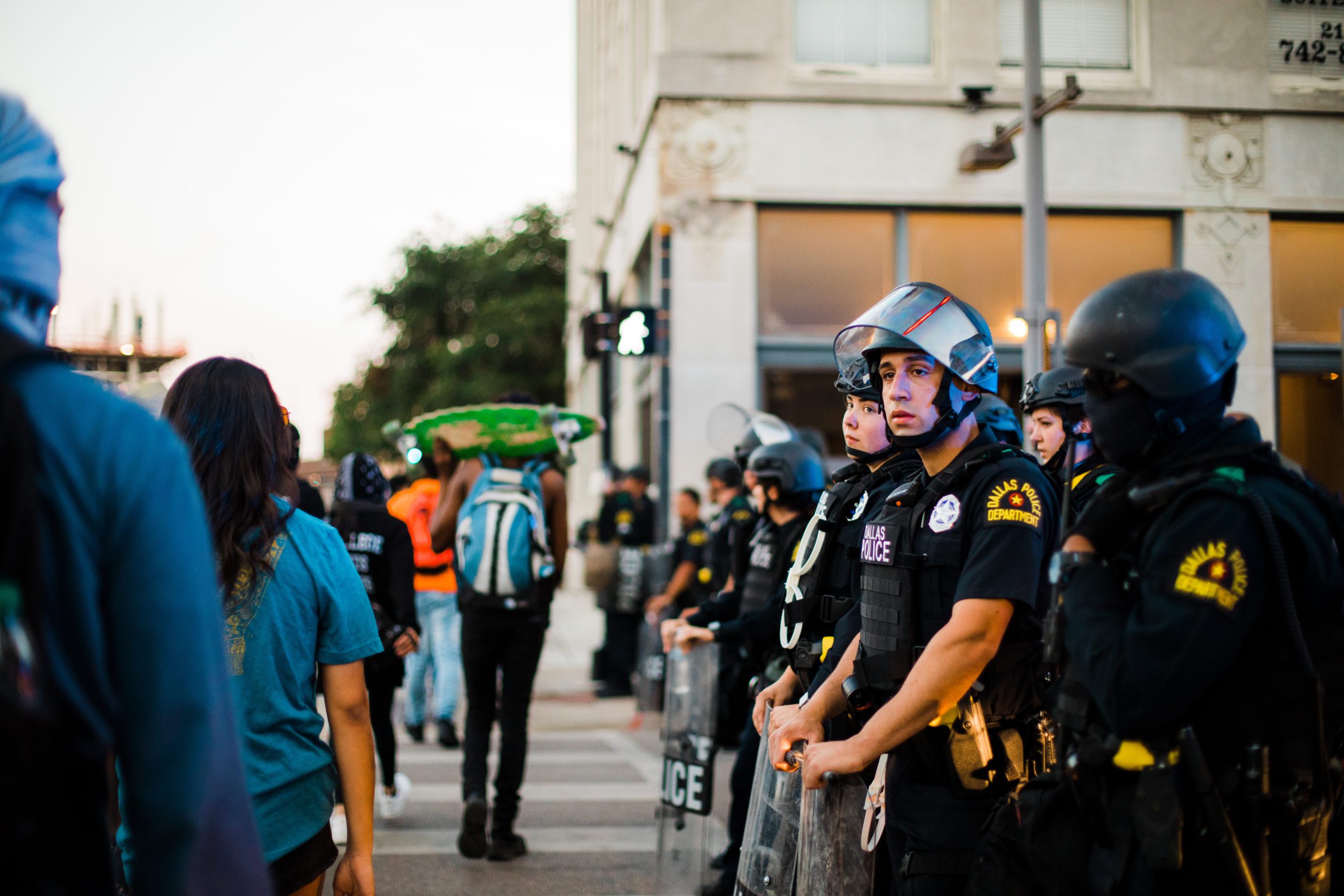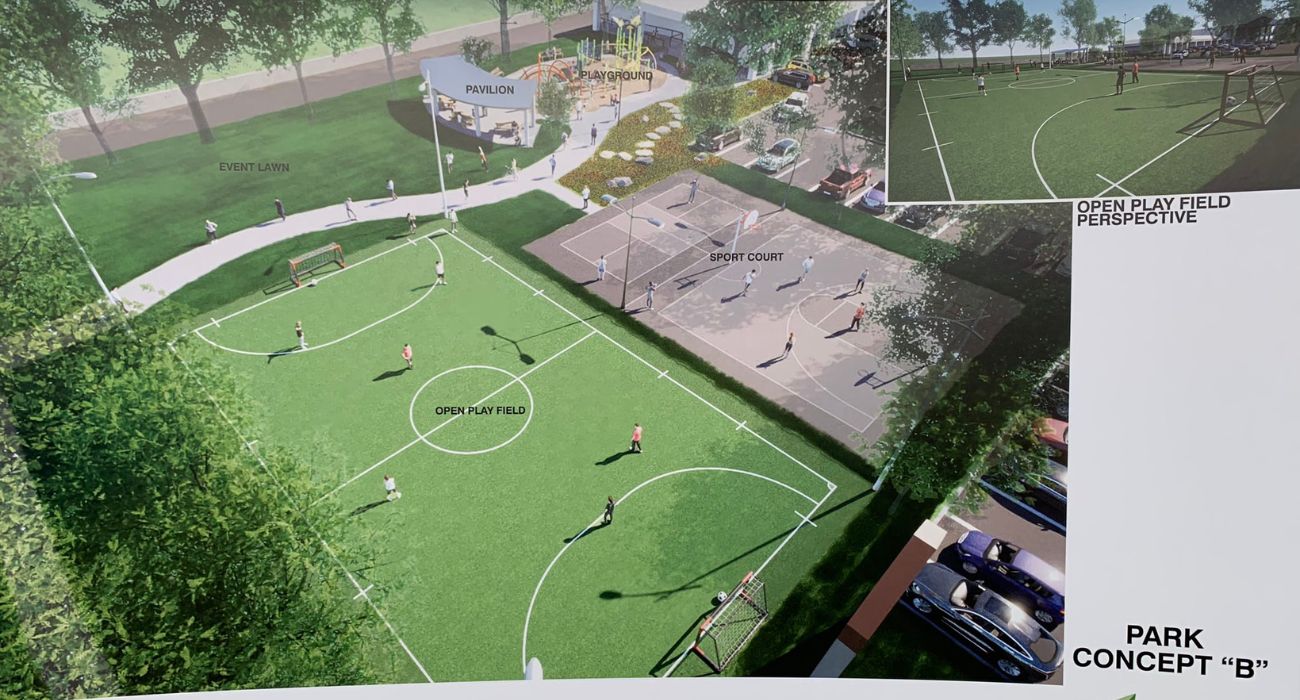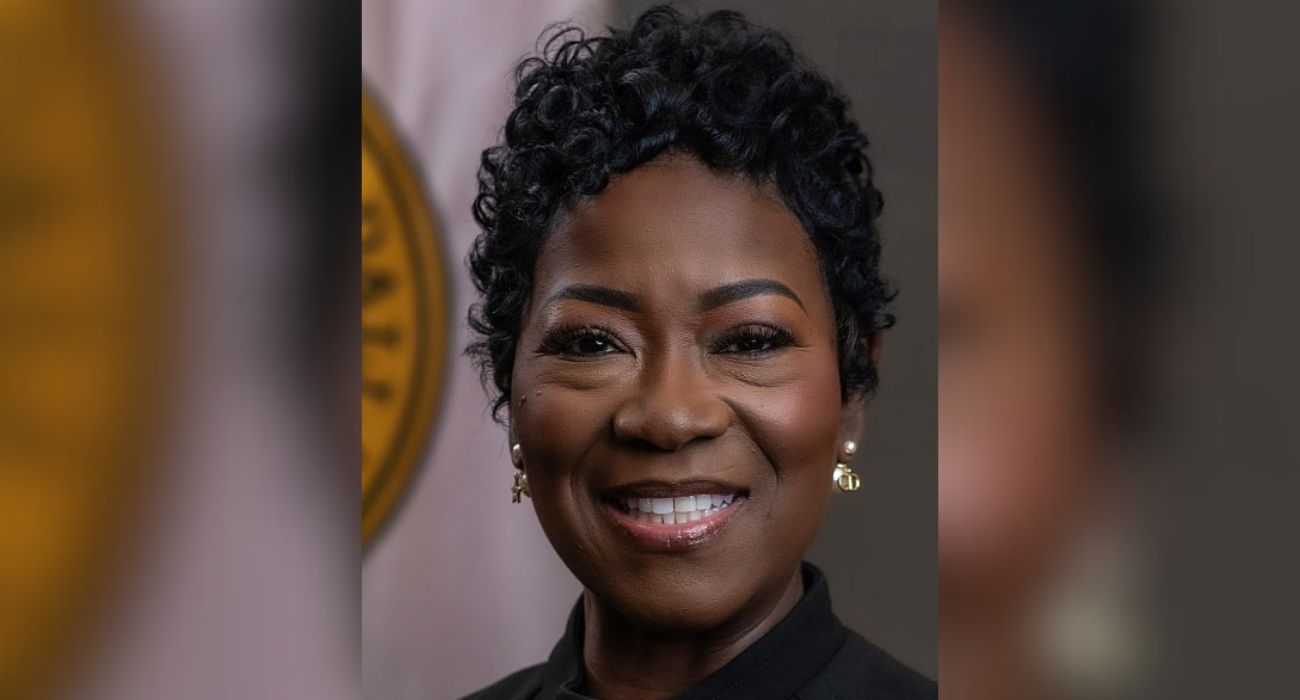Five people have filed a lawsuit against the manufacturer of “less-lethal” weapons police used during 2020 protests in downtown Dallas, claiming they are “more dangerous than publicized.”
Vincent Doyle, Brandon Saenz, David McKee, Randi Rogers, and Tasia Williams filed the complaint against Combined Systems and Penn Arms on May 31 in Dallas County, seeking over $1 million in compensation.
Combined Systems produces 40 mm launchers, which fire rubber or sponge rounds, which are then sold by a branch of the company called Penn Arms.
Less-lethal options are utilized by police to improve outcomes for both officers and the public. “A new study suggests that less-lethal weapons decrease rates of officer and offender injuries,” according to the U.S. Department of Justice.
The Dallas Police Department purchased Combined Systems’ launchers, which allegedly caused “unreasonable and exorbitant risk of physical injury” during the 2020 protests.
The plaintiffs claim that Combined Systems and Penn Arms promoted the weapons as “less than lethal” in their advertising and marketing when they were not. According to the lawsuit, the projectiles kill about 3% of the people they strike.
“The 40 mm launcher has been marketed to police departments as less-lethal,” said Daryl Washington, a lawyer for the plaintiffs. “We believe that it is anything but less-lethal.”
A Department of Justice-funded report to the National Institute of Justice acknowledges that while less-lethal weapons “have the potential to cause death or serious injury, these weapons are considerably less harmful than the projectiles fired from firearms.”
Protests in downtown Dallas were held after Minneapolis police killed George Floyd in May 2020. Dallas police officers deployed sponge or rubber bullets and tear gas to keep the crowds under control.
According to the lawsuit, as a result of the protests, Doyle’s cheekbone was shattered, Saenz lost an eye, McKee lost his testicle, Rogers’ skull was fractured, and Williams’ leg was lacerated.
Several plaintiffs also sued the Dallas Police Department and former Chief U. Reneé Hall for their injuries.
Mckee and Saenz’s injuries also resulted in multiple Dallas police officers facing charges.
Charges of aggravated assault were filed against Dallas Police Senior Cpl. Ryan Mabry, retired Dallas Police Senior Cpl. Melvin Williams, and Garland Police Officer Joe Privitt in connection with the injuries suffered by McKee.
Mabry is also facing accusations of aggravated battery, deadly conduct, and official oppression, while Williams also faces charges of misdemeanor battery and official oppression regarding Saenz’s injury.
The plaintiffs claim in the suit that four of them were in the downtown area on May 30, 2020, when they were injured by less-lethal weapons.
Doyle was allegedly shot in the face by a rubber bullet launcher, causing injuries to his left eye and cheekbone that resulted in the loss of 40% of his vision.
Saenz was walking away from a dog park when he was allegedly struck in the eye with a sponge or rubber bullet. According to the lawsuit, he suffered at least two seriously chipped teeth, and his injuries necessitated 27 stitches in his skull and the amputation of his left eye.
Rogers claims that police used an unknown weapon to inflict injury to her skull.
McKee and a friend, who also assisted demonstrators, were reportedly hit with tear gas while documenting the protests.
The lawsuit claims that two cops fired launchers at McKee as he backed away from them, hitting him in the bicep and the groin area, resulting in his left testicle having to be surgically removed.
According to the lawsuit, Williams’ injuries happened while on the Margaret Hunt Hill Bridge before protesters were arrested in a wave on June 1, 2020.
Court filings claim Williams was “bleeding and in pain” for hours after being shot in the leg by a rubber bullet. The lawsuit adds that Dallas has failed to reveal the officer identity who shot Williams.
Washington, the plaintiffs’ lawyer, added Tuesday that his clients are still recovering physically and emotionally from the injuries they suffered two years ago.
“I don’t know if you can ever recover from having an eye surgically removed or having staples in your head,” Washington said. “Those are things that you can’t recover from.”
Combined Systems did not respond to requests for comment.






